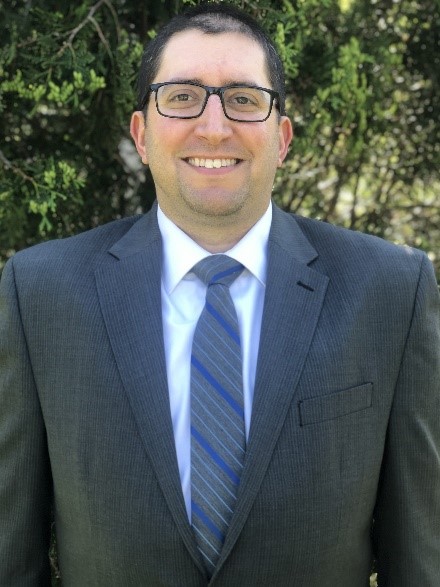Socialites: Social Skills & Self-Esteem Group For Girls

The Social Skills Curriculum is designed to teach social behaviors in a safe and friendly environment. Each lesson provides a model for children to imitate and activities to practice the skills. The approach is based on Structured Learning, a holistic teaching method that provides a framework for systematic teaching of a skill in a way that is similar to academics. The emphasis is to provide alternative behavioral options to increase effective social interactions. The curriculum is based on "Think Social: A Social Thinking Curriculum for School-Age Students" by Michelle Garcia Winner and includes structured activities to address real life socialization issues.
Goals
The Goals for the Socialites Group for Girls include:
Making and Keeping Friends
Dealing with Peer Pressure
Using Self-control and Following Directions
Improving Self-image and Self-esteem
Thinking Before Acting
Listening
Accepting Rules and Consequences
Goal Setting
Problem-Solving
Dealing with Feelings
Accepting Change
Communicating Effectively
Understanding Boundaries
Empathy and Helping Behaviors
Group Format

Role-play to practice skills taught
Discussion of Performance
Practice in Real-Life Situations
Modeling Appropriate Behaviors
Giving and Receiving Feedback
Activities & Games utilized to help learn teamwork and build skills through play
Age Range
Kindergarten through 6th grade age groups are offered.
Groups Run Year Round
The group meets Thursdays at our Winfield Office
Times Groups Run:
5:00 – 6:00 PM – Social-ites (K-2nd Boys, & K-3rd Girls)
6:00 – 7:00 PM – Social-ettes (4th-6th Girls)
Group Leaders

Steve Cromer, LCPC
Licensed Clinical Professional Counselor
Steve has specialized experience and training in working with children and adolescent issues. Steve worked as a therapist in a therapeutic day school setting working with children with Asperger’s Disorder, Pervasive Developmental Disorder, Not Otherwise Specified (PDD, NOS), and high functioning autism. He excels at engaging children and adolescents in the therapy process as well as providing effective support for families whose children struggle with unique needs.
